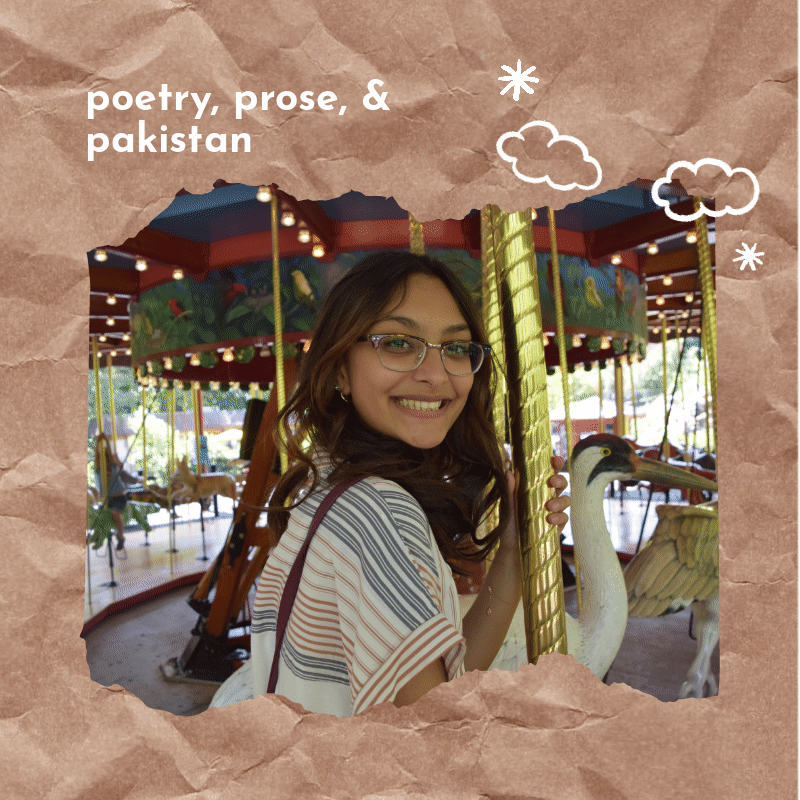Imran Khan Takes A Wrong Turn (but he’s the product of the system)
- Hiba

- Feb 26, 2021
- 3 min read
(Image from Vanity Fair)
When cricketer turned politician Imran Khan became Pakistan’s Prime Minister in 2018, there was widespread cautious optimism that he would reinstate the liberalism of the early 70s. His ideas of populism and a promise to crack down on the corrupt institutions of the country were a welcome change in a country long overdue for a revolution. It became apparent that such promises would not and could not be extended to the growing grassroots feminist movement in Pakistan. Khan’s repeated attempts to discredit feminism as a wholly “Western” concept are harming Pakistani women across the nation that are already bearing the pressure of an oppressive, patriarchal society.
In 2018, Khan said “I disagree with this Western concept, this feminist movement, it has
degraded the role of a mother.” Earlier this year, he addressed Aurat March (Pakistan’s
Women’s March) as an issue of division and “distinct cultures,” calling for one curriculum for schools across Pakistan. A week ago, he reiterated the same claim, blaming the rising divorce rate in Pakistan on the West’s “immoral mannerisms.” For how long will the highest office in our land pretend to be liberal and progressive when it is stifling the very voices of the minority it promised to protect?
By pushing the already false dichotomy of westernization and saying that Pakistan’s family
system is the better of the two, Khan has carefully curated an even more homogeneous society where women have predetermined roles. He, as a cis-het Pakistani man, won’t ever speak against the very thing that has handed him his elite status and privilege. Our family system relies on the compromises and sacrifices of women. As much as South Asian society respects its inclinations towards marriage and traditional values, we as a society must evolve past this inherited misogyny. This has nothing to do with the so-called threat of Westernization, as much as it does with the obsession Pakistani leaders have with weaponizing culture and religion to suppress women.
Khan’s fixation on pushing the role of a woman to the forefront of national politics is a very
calculated move. Not only is it hypocritical given his personal history, but Khan is also forgetting that it is not only mothers that raise children, fathers do too. By placing an emphasis on motherhood rather than joint parenting, he is justifying and normalizing the manipulation and gaslighting the patriarchy inflicts on women. Motherhood suddenly becomes honorable and working women are punished with double duty. If Khan and his party cared so deeply about women, they would not have voted against the Women Protection Bill in 2005 nor Protection Against Domestic Violence Bill in 2016. 2020 saw a wave of gender-based violence in the country, including a horrific gang-rape of a mother on the Lahore-Sialkot Motorway. Aurat March was attacked by extremists and many male celebrities pushed fabricated narratives of the march, with one calling it a “foreign-funded” endeavor. The popular slogan Mera Jism, Meri Marzi were mocked relentlessly for promoting vulgarity. Khan did not say anything to the attackers at the March but did feel the need to undermine the Aurat March itself. Radical feminist web-series, Churails, was subsequently banned on the grounds of indecency with online trolls saying feminism went against Pakistani values. What are these Pakistani values people are so keen on defending? Intolerance, hate, and violence?
Pakistani women are economically trapped, abused, and then shamed for speaking out. The
family system Khan holds so dear has allowed countless psychological, spiritual, and physical crimes against women to occur. This dangerous lilt to appease right-wing sentiments is a reminder to Pakistani women that their beliefs and fights are valid. Secular and progressive values don’t fail because they don’t align with Pakistani culture - it is because of state-sponsored censorship and violence. We cannot keep taking two steps forward just to be pushed three steps back. We must tackle this oppression at the root: those who preside over our system (then and now) have exploited sensitive sentiments and have trapped us in a state-led cynical cycle of hopelessness.





Comments